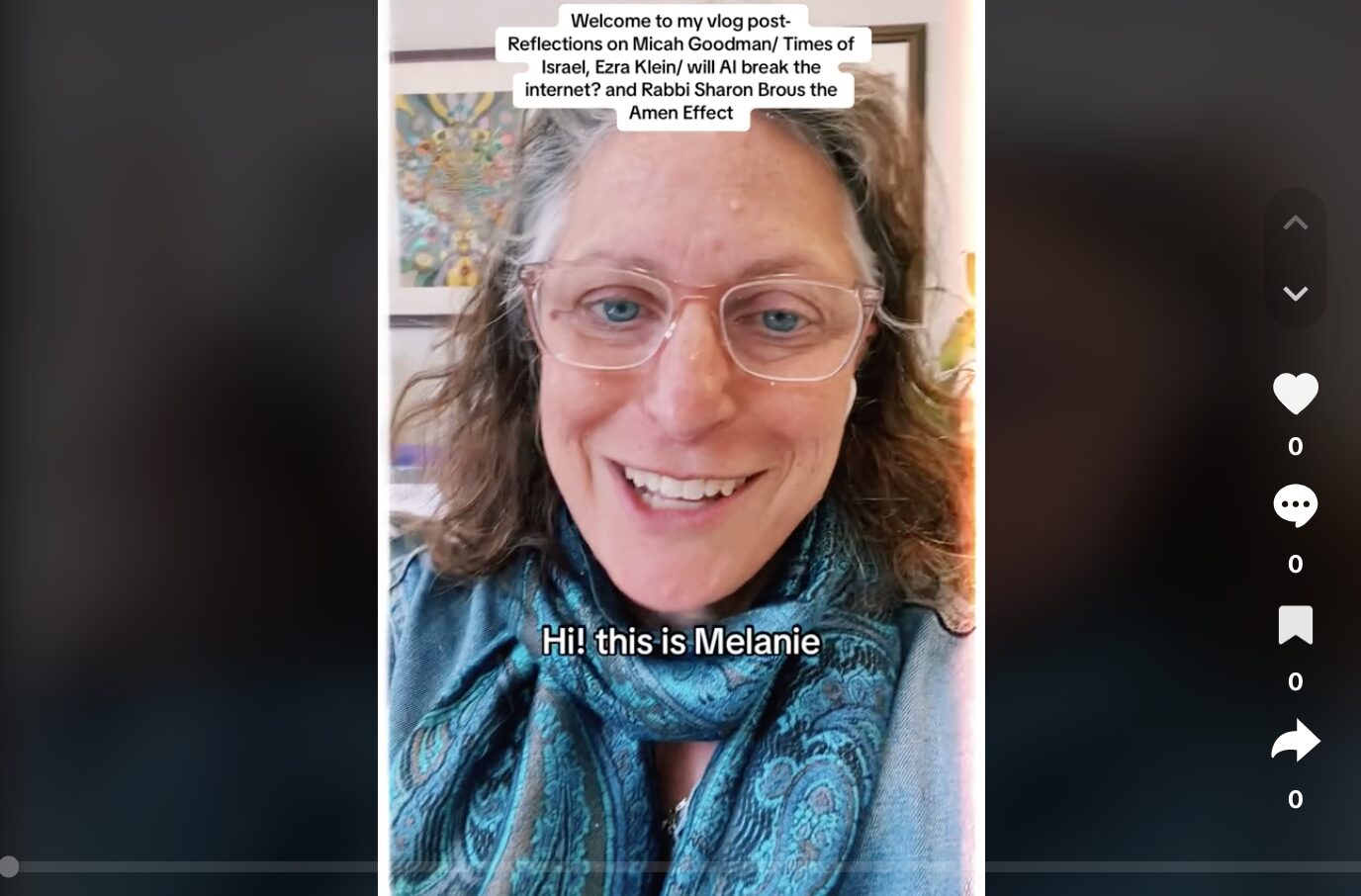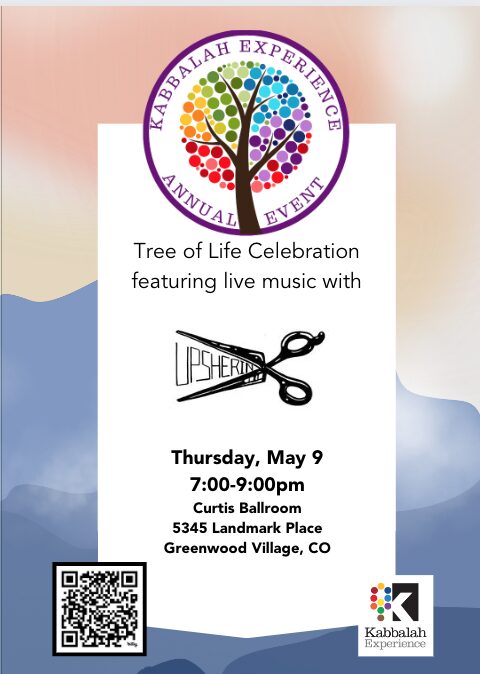by Dr. David Sanders
Are you risk averse or do you welcome risk? Do you weigh your options or just go for it? My daughters and I been playing WORDLE for almost 3 months. We settled on starting to solve the word puzzle with the word ALIEN each time. At some point ALIEN will be the WORDLE word of the day and we will have solved it in 1. As is, we have solved it a few times on our second try, most of all on our third or fourth try and never missed solving the word puzzle by the 6th and final try.
Contrast this approach with people that start the puzzle with a different word every day. Our method would appear less exciting but it benefits from the reliability and experience of using the same combination of letters to start with.
Decisions are made or abandoned all the time. Some decisions, such as the method you chose to start Wordle with don’t seem too consequential.
There is a recent buzz over the 37% rule, a mathematical formula for making decisions, especially important ones such as what job, partner, or house to choose. The gist of the rule is that one should spend more than a third of their time exploring possibilities and then decide. The advice, considered to be mathematically sound is: “Spend the first 37% of any decision-making process gathering information without choosing and then, commit to the very next option that comes along if it is better than any of the options you have explored before.”
Each decision you want or need to make will play out differently when you follow this rule. If you are looking to purchase a house make no decisions until you have spent 37% of the time you have allotted to the search, or 3.7 houses if you were interested in looking at ten. The reasoning is clear. Don’t jump to a conclusion without a decent sampling of choices and then don’t procrastinate because you should have enough information at 37% to decide.
Skeptics of this rule raise many issues such as falling in love with the first house or potential spouse. Should you wait till 37%, relying on a mathematical formula, or follow your intuitive “heart.” The 37% rule though has resonance with a Kabbalah teaching of the work to be done during the counting of the Omer—the 7 week count toward transforming the self. Before finalizing the change one wants to engage in during this count there are two weeks and two days of contemplation. The first week, aligned with the Sefirah energy of Chesed (expansiveness), is a time to feel the excitement of the possibility of change. It is a week to think big about the change you want to accomplish. In contrast, the following week, aligned with the Sefirah energy of Gevurah (setting limits) is a time to focus on what would be a more realistic, attainable change. On the 17th day of the count, in the week of Tiferet energy (harmony), at about 37% of the count, it is time to set down the plan—here is the change I am working on and will actualize by the 7th week.
I am committed to solidify a change I have been working on for a long time—working less so I can be more available to family life and my personal care. After some Chesed like thoughts on a major restructure of my work commitments, I spent the week of Gevurah being more realistic and considering, into the first days of the week of Tiferet, the impact of changes I am planning on others. Unforeseen circumstances often throw obstacles that can thwart a planned for change. Sometimes, as is the case this year for me, circumstances are aiding me in accomplishing my goal. I have needed these past weeks to be more available for my family, necessitating my shifting and cutting back on work.
Today marks the 33rd day of the count—Lag B’Omer, in the week of Hod, the Sefirah energy of acceptance and surrender. The 33rd day corresponds with Hod in Hod and can take on the meaning of surrendering to what you might not be able to change or the opposite, surrendering fully to the change.
While I am not going to change starting WORDLE with the word ALIEN, I acknowledge that change can feel alien in itself. That is what growth is, alien at first, and then a friendly face to welcome.










1 Comment
Meritt Jay Finer · May 19, 2022 at 3:58 pm
Hi David,
I enjoyed your article on Wordle and risk. You have a good algorithm, but it can be improved. The five letters in alien represent 38.38% of the letter frequency of occurrence in the English language. However, the five letters in irate as an initial entry represent 42.5% of the letter frequency of occurrence in the English language. For a second word to enter, sound beats out house 34.90% vs. 34.78%, but has the advantage of introducing a new letter by not repeating the e in alien. By simultaneously maximizing letter frequency and letter diversity, risk is reduced by increasing the probability of solving the Wordle puzzle. It gets even more interesting with Quordle and Octordle.
Cheers,
Meritt